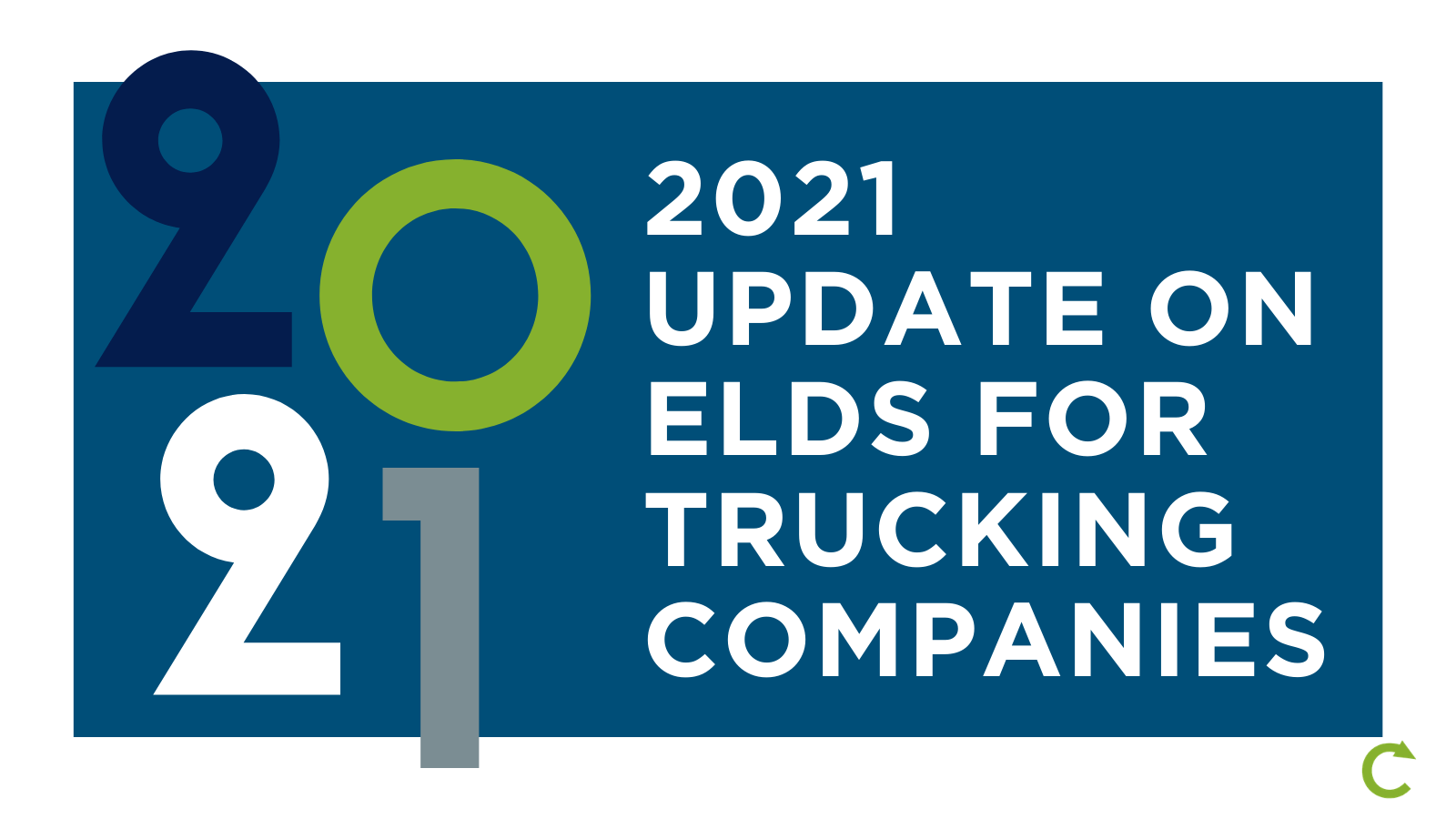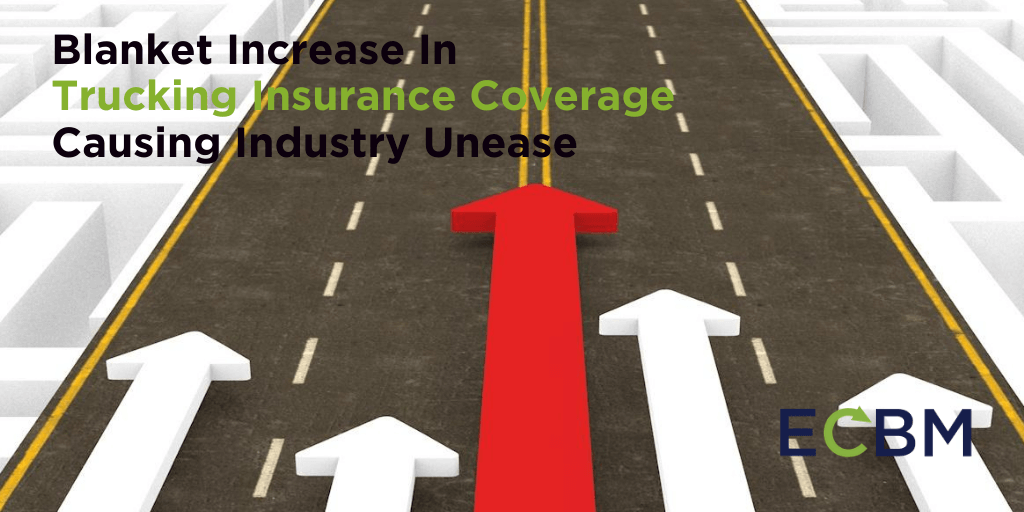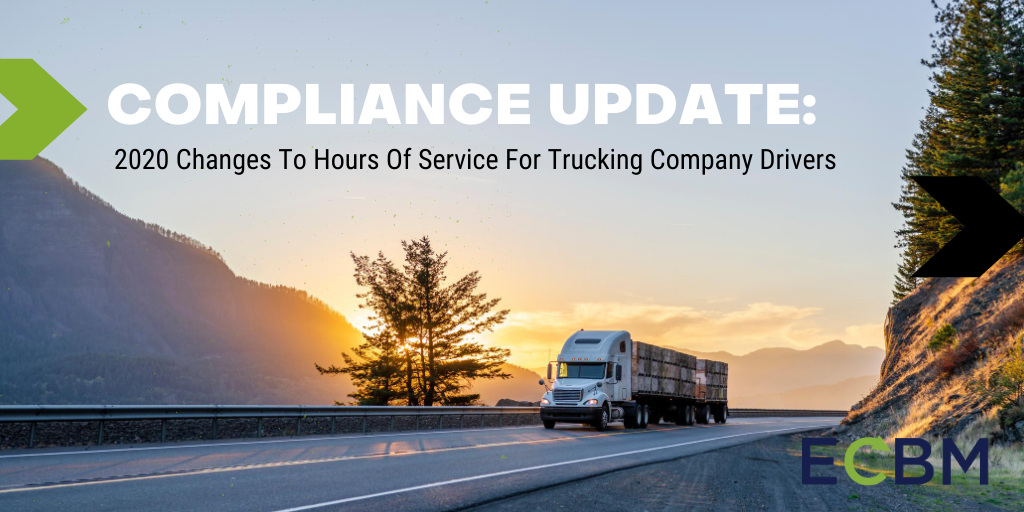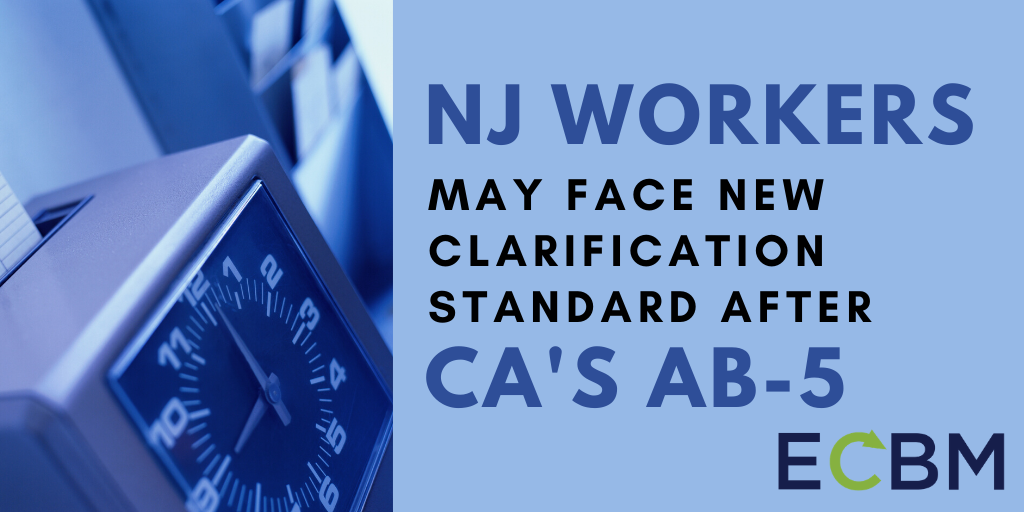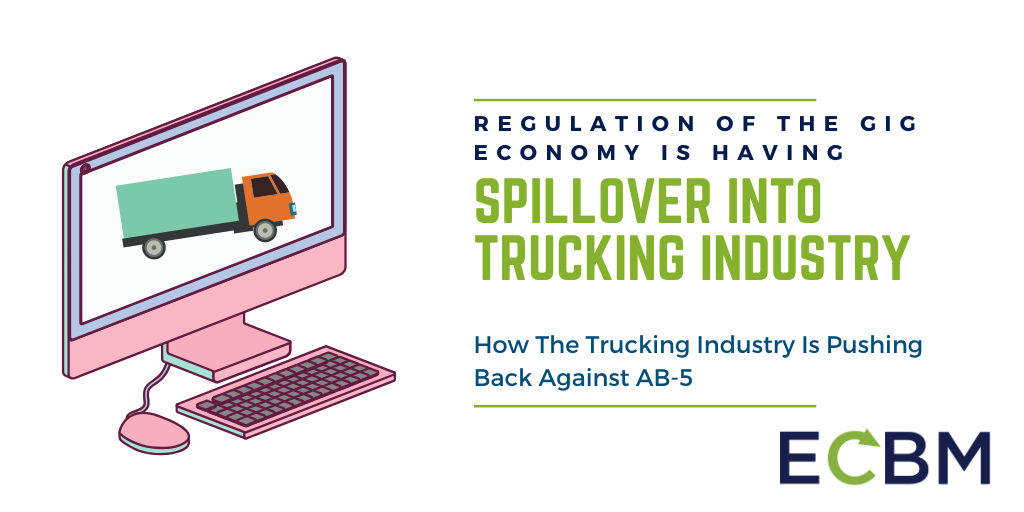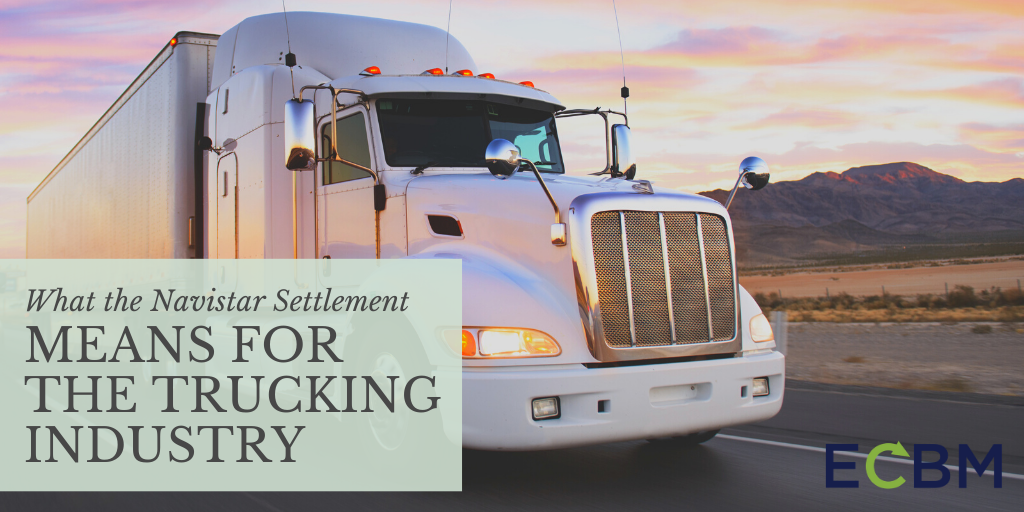Why the Trucking Industry May Face Higher Insurance Premiums
Insurance premiums, in general, are experiencing an increase in rates due to the backlash of the pandemic. Though the industry experienced downsizing and some employment loss during the ... READ MORE
Posted by Kevin Forbes
2021 Update On ELDs For Trucking Companies
The Electronic Logging Device mandate went into full effect on December 16, 2019. The rule was originally mandated by Congress as part of MAP-21. MAP-21 was a piece of legislation signed ... READ MORE
Posted by ecbmadmin
Business Interruption: How Companies Are Pursuing Funds
Among the many concerns that have confronted businesses in the wake of the coronavirus pandemic, the issue of business interruption coverage has often loomed large. Many businesses had to ... READ MORE
Posted by ecbmadmin
Increase In Trucking Insurance Coverage Causing Unease
Trucking companies have faced increasingly large jury verdicts resulting from accidents in recent years. At the same time, the insurance market has tightened, causing rate increases across ... READ MORE
Posted by ecbmadmin
2020 Changes To Hours Of Service For Trucking Company Drivers
On May 14, 2020, the Federal Motor Carrier Safety Administration updated the rules and regulations related to hours of service requirements for the trucking industry. The FMCSA regulates ... READ MORE
Posted by ecbmadmin
New Truck Driver Training Requirements: What Has Changed?
A significant new regulation regarding the trucking industry has just had its effective date delayed by two years. The Entry-Level Driver Training (ELDT) rule was originally scheduled to go ... READ MORE
Posted by ecbmadmin
NJ Workers May Face New Clarification Standard After CA's AB-5
In the aftermath of California’s aggressive attempts to crack down on the “gig” economy, other states have moved as well, though often in different directions. While many states have moved ... READ MORE
Posted by ecbmadmin
Regulation of the Gig Economy and Its Impact on Trucking
It was expected that California’s Assembly Bill 5 passed late last year would spawn tons of litigation. The law radically changed how workers from uber drivers to television show writers ... READ MORE
Posted by ecbmadmin
What the Navistar Settlement Means For The Trucking Industry
Emissions are a big issue in the transportation industry. As environmental regulators seek to drive down total emissions due to concerns over climate change and air quality, the industry ... READ MORE
Posted by ecbmadmin

.png)
.png)
